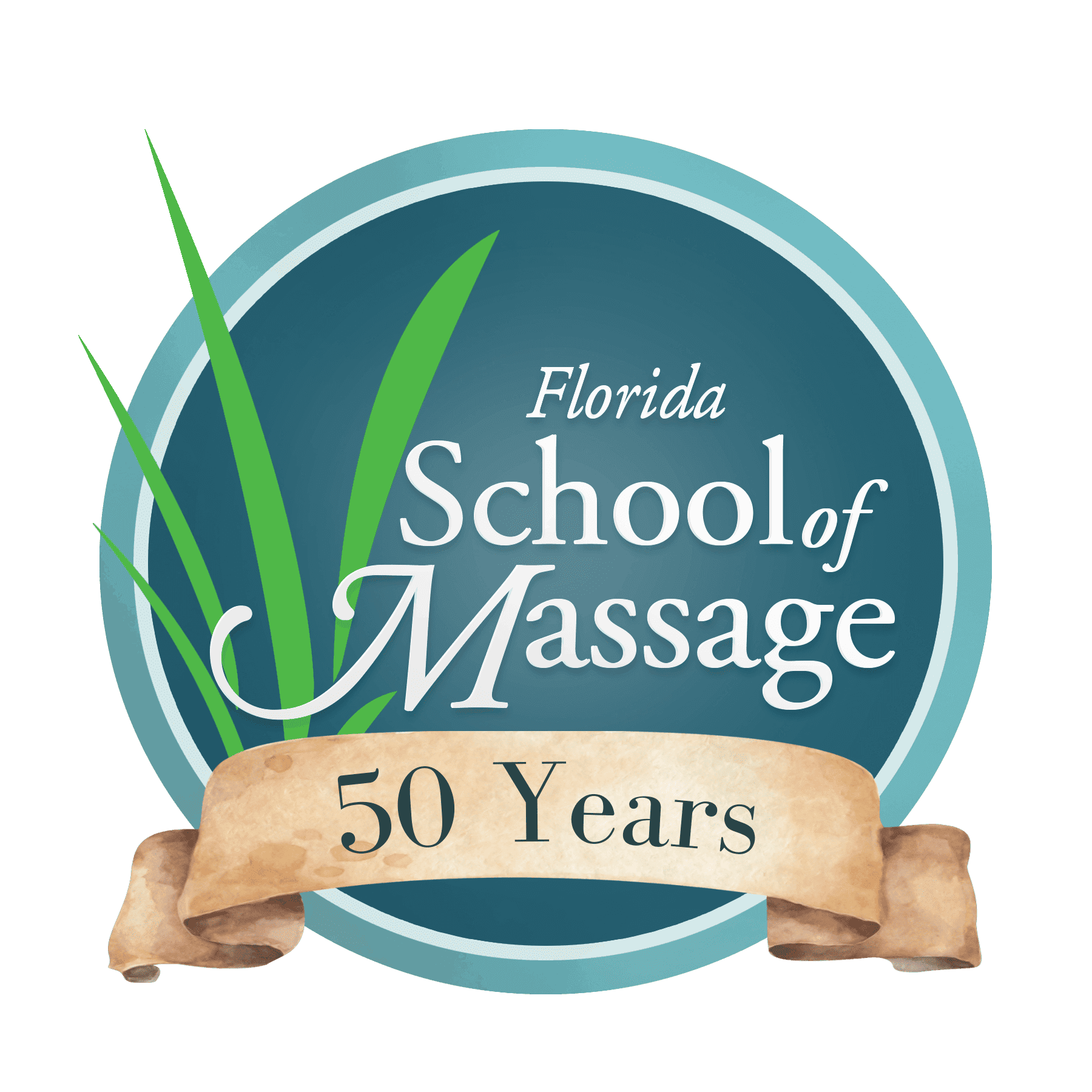 Graduate Success Stories series, we chose this month to talk with Philip Hellmich, author of God and Conflict: A Search for Peace in a Time of Crisis (Published 2012, Spirit of Peace Press, Petaluma, CA, www.godandconflict.com). Philip, known better to his Summer 1990 FSM classmates as “Phil-Bob”, said it was “coincidence” that brought him to the massage school 23 years ago. Philip goes into great detail about his exploration of peace, including his time at FSM, in his book God and Conflict.
Graduate Success Stories series, we chose this month to talk with Philip Hellmich, author of God and Conflict: A Search for Peace in a Time of Crisis (Published 2012, Spirit of Peace Press, Petaluma, CA, www.godandconflict.com). Philip, known better to his Summer 1990 FSM classmates as “Phil-Bob”, said it was “coincidence” that brought him to the massage school 23 years ago. Philip goes into great detail about his exploration of peace, including his time at FSM, in his book God and Conflict.
Coming off of four years working with the Peace Corps in the Sierra Leone bush in West Africa, Philip said,
“I was trying to come to terms with the materialism and consumerism I encountered when I got back, and the impact it has on the world. I was confused and upset.”
He’d returned to his parents’ home in Indiana, but then his brother Dave invited him to come and live with him and his family in Gainesville. Soon after, he discovered the Temple of the Universe in Alachua and someone there told him about FSM. He now calls his summer here “a powerful time” and massage school “a life-transforming experience.”
Philip said there are several principles he learned at FSM: creating a safe space, meeting people where they are, speaking a language that is meaningful, learning the distinction between “I observe” and “I imagine”, and the mind-body connection.
“The massage school reintroduced me to my own body, to the history embedded in my own cells,” he said. “This started a healing journey for me, opening me to a new realm of consciousness. Listening – and learning to be present – was a whole new idea. I really got to experience what deep presence meant, and to have it modeled for me by the FSM staff.” FSM and the Temple of the Universe also were Philip’s first introduction to meditation and he has maintained a daily practice since that time.
Philip, Director of Peace at the Shift Network, is quite clear that his experience at FSM was foundational to the peace work he has continued – from “the inner to the international.” He returned to Sierra Leone in 1998 on an assessment mission and was able to see friends in one village where he had lived. The joyous reunion was followed by witnessing a mob killing of a person in a neighboring town. A few weeks after this trip, the war escalated again and the village where he had just been was overran by rebel units headed by a teenage boy named Colonel Rambo – trained in part by watching Rambo movies. “There was a lot of grief and trauma happening for me then,” he said. “Massage school had given me the additional tools I needed to be present with what was coming up for me. ”
Philip said FSM helped him open up to an invisible realm and that through his meditation practice he began to cultivate a personal relationship with Spirit. “The massage school offered a positively nurturing environment. In hindsight, it was a really profound experience of the Divine Feminine,” he explains. “The school helped me drop into the heart, from the head to the heart through the body. I felt connectedness to others and beyond a sense of separation. I’ve found these qualities essential for peacebuilding in the world.”
He returned to Sierra Leone, Liberia, and other parts of Africa on peacebuilding missions from 2000-2005 while continuing his meditation practice. He began what he calls “a deep-dive inquiry” into conflict, which he acknowledges as a natural part of human experience. He also sees peace as our deepest essence on a soul level. “I became aware of an even deeper aspect of peacebuilding then people were talking about,” he said, and as he went in and out of conflict zones, he became aware of Spirit, especially as the Divine Feminine, manifesting through people in tangible, practical ways.
“The peacebuilding that is emerging around the world is based on a few universal principles,” he said. “These principles are the same ones that FSM is teaching in a way in which students can experience those principles directly.”
James O’Dea writes in his book, Cultivating Peace, about five pillars of peace. These are: deep personal peace, healing personal and collective wounds, communicating peace, mastering systems change, and activating for peace. Philip believes that FSM covers the first three, and that a person can be more powerful as a peacebuilder by taking the personal journey to go inward.
“The massage school offers a profound experience of releasing old trauma, of helping a person act not out of habit, but from a place of freedom and choice,” he said. “This is huge for peacebuilding. That so many FSM graduates go out there facilitating peace is huge. The more I go into peacebuilding the more I appreciate the skills FSM offers.”
Philip goes into great detail about his exploration of peace, including his time at FSM, in his book God and Conflict. To learn more about Philip, his peace work, or his book, please visit:
http://www.theshiftnetwork.com
-> or email him at phellmich@gmail.com
Philip M. Hellmich is Director of Peace at The Shift Network, an international social enterprise mobilizing educational tools and cultivating alliances worldwide. He is director of The Summer of Peace, a collaborative global celebration of and call to action for inner and outer Peace. Summer of Peace is a groundbreaking series of events that bring together some of the world’s foremost Peacebuilders and Social Architects while serving to illuminate practical actions for both personal and planetary peace. Philip has dedicated most of his life to global and local peacebuilding initiatives, including 14 years with Search for Common Ground. He also served for four years as a Peace Corps Volunteer in Sierra Leone where he lived and worked in small remote bush villages. A published writer, Philip is author of God and Conflict: A Search for Peace in a Time of Crisis with a Foreword by Lama Surya Das. He serves as adviser to The Global Peace Initiative of Women. Philip’s passion is exploring peace along the Peace Continuum, from inner to international levels, and his framing purpose coincides with the key questions: How is inner peace a global responsibility; and, how does the world affect inner peace? A long-time meditation practitioner, Philip enjoys studying and teaching about the parallels between inner and outer peace.



